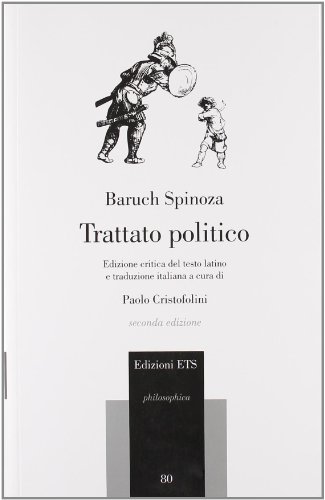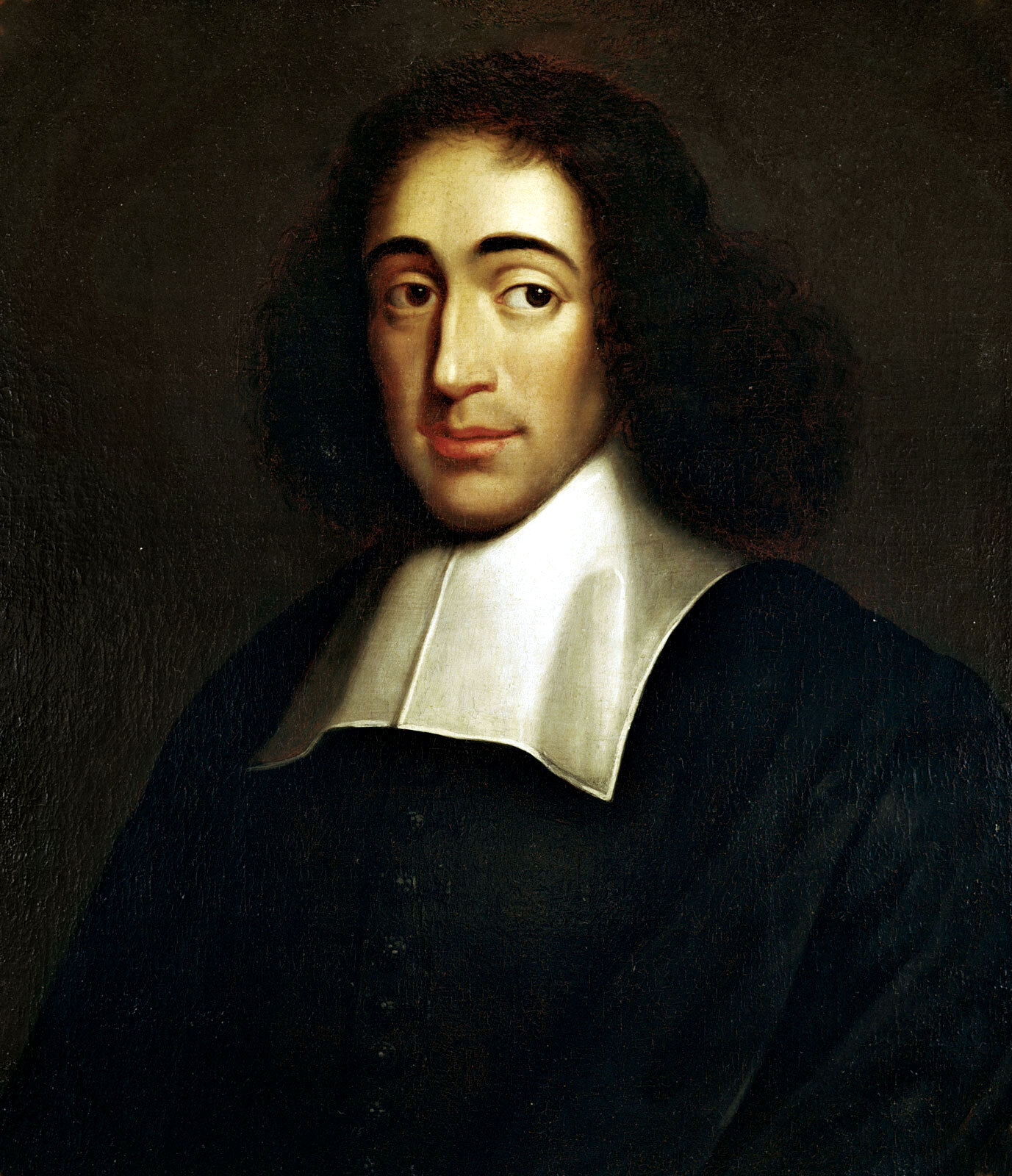From Preface: "OUR author composed the Political Treatise shortly before his death [in 1677]. Its reasonings are exact, its style clear. Abandoning the opinions of many political writers, he most firmly propounds therein his own judgment; and throughout draws his conclusions from his premisses. In the first five chapters, he treats of political science in general, in the sixth and seventh, of monarchy; in the eighth, ninth, and tenth, of aristocracy; lastly, the eleventh begins the subject of democratic government. But his untimely death was the reason that he did not finish this treatise, and that he did not deal with the subject of laws, nor with the various questions about politics, as may be seen from the following "Letter of the Author to a Friend, which may properly be prefixed to this Political Treatise, and serve it for a Preface:" —"Dear Friend, — Your welcome letter was delivered to me yesterday. I heartily thank you for the kind interest you take in me. I would not miss this opportunity, were I not engaged in something, which I think more useful, and which, I believe, will please you more—that is, in preparing a Political Treatise, which I began some time since, upon your advice. Of this treatise, six chapters are already finished. The first contains a kind of introduction to the actual work; the second treats of natural right; the third, of the right of supreme authorities. In the fourth, I inquire, what political matters are subject to the direction of supreme authorities; in the fifth, what is the ultimate and highest end which a society can contemplate; and, in the sixth, how a monarchy should be ordered, so as not to lapse into a tyranny. I am at present writing the seventh chapter, wherein I make a regular demonstration of all the heads of my preceding sixth chapter, concerning the ordering of a well-regulated monarchy. I shall afterwards pass to the subjects of aristocratic and popular dominion, and, lastly, to that of laws and other particular questions about politics. And so, farewell." The author's aim appears clearly from this letter; but being hindered by illness, and snatched away by death, he was unable, as the reader will find for himself, to continue this work further than to the end of the subject of aristocracy."

